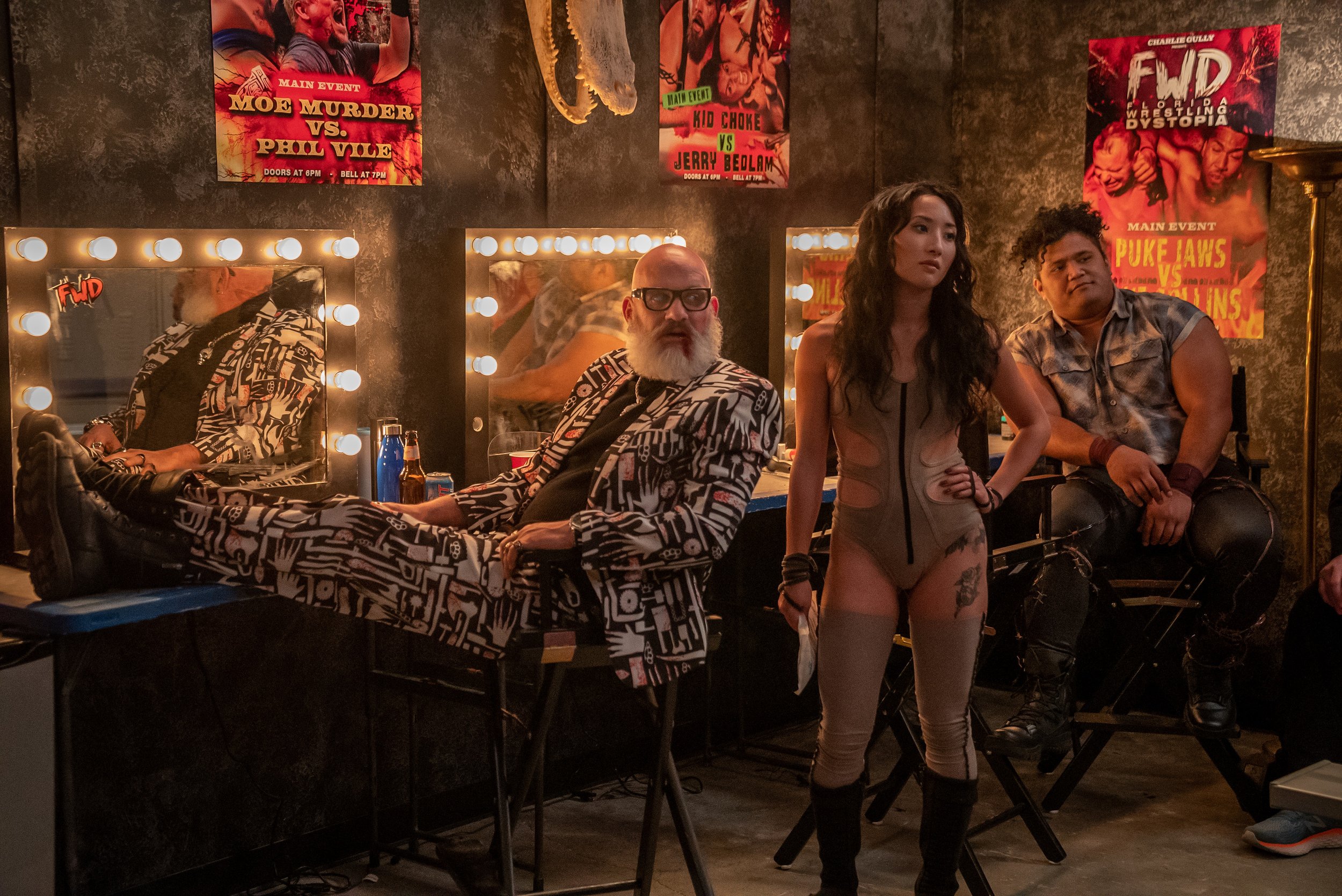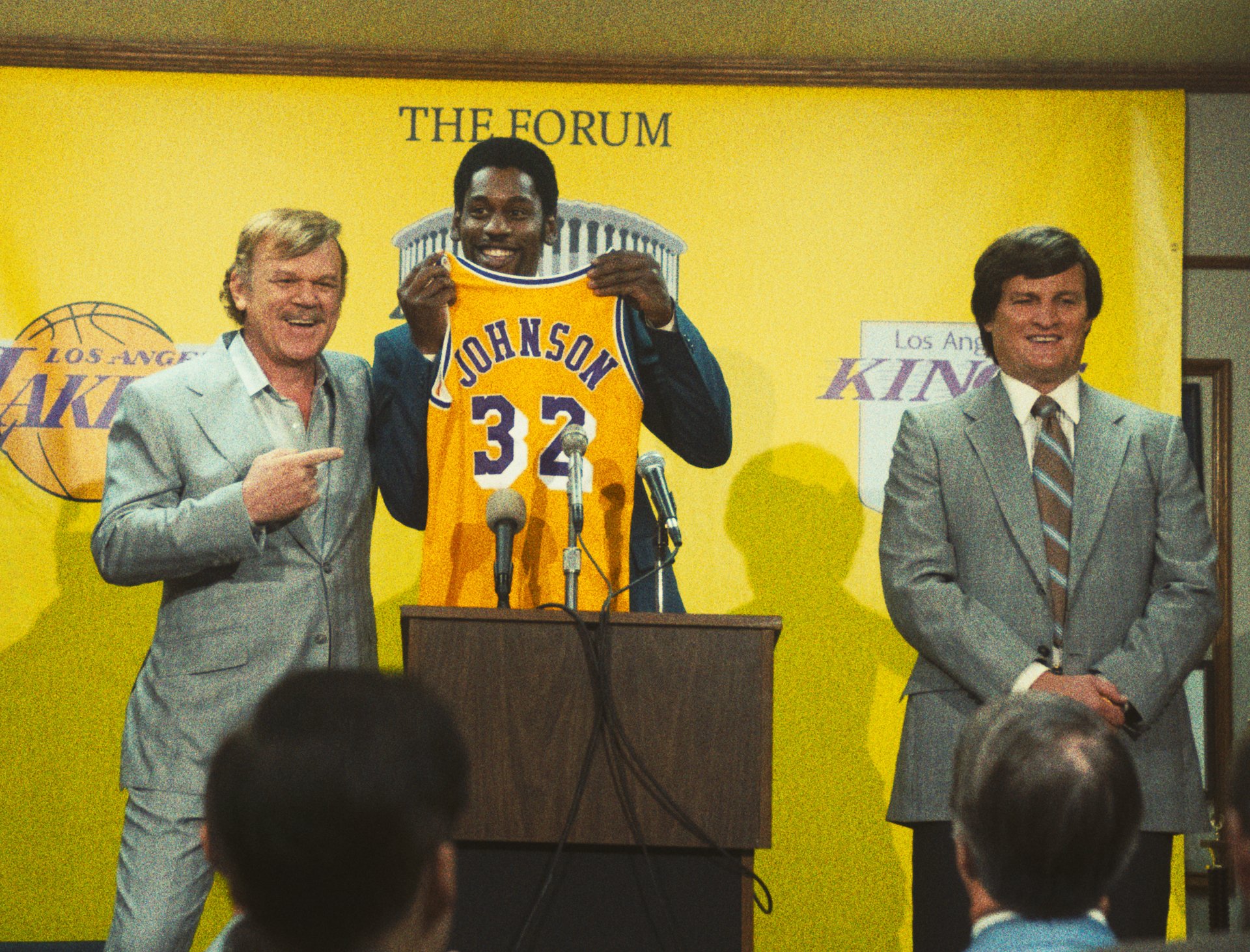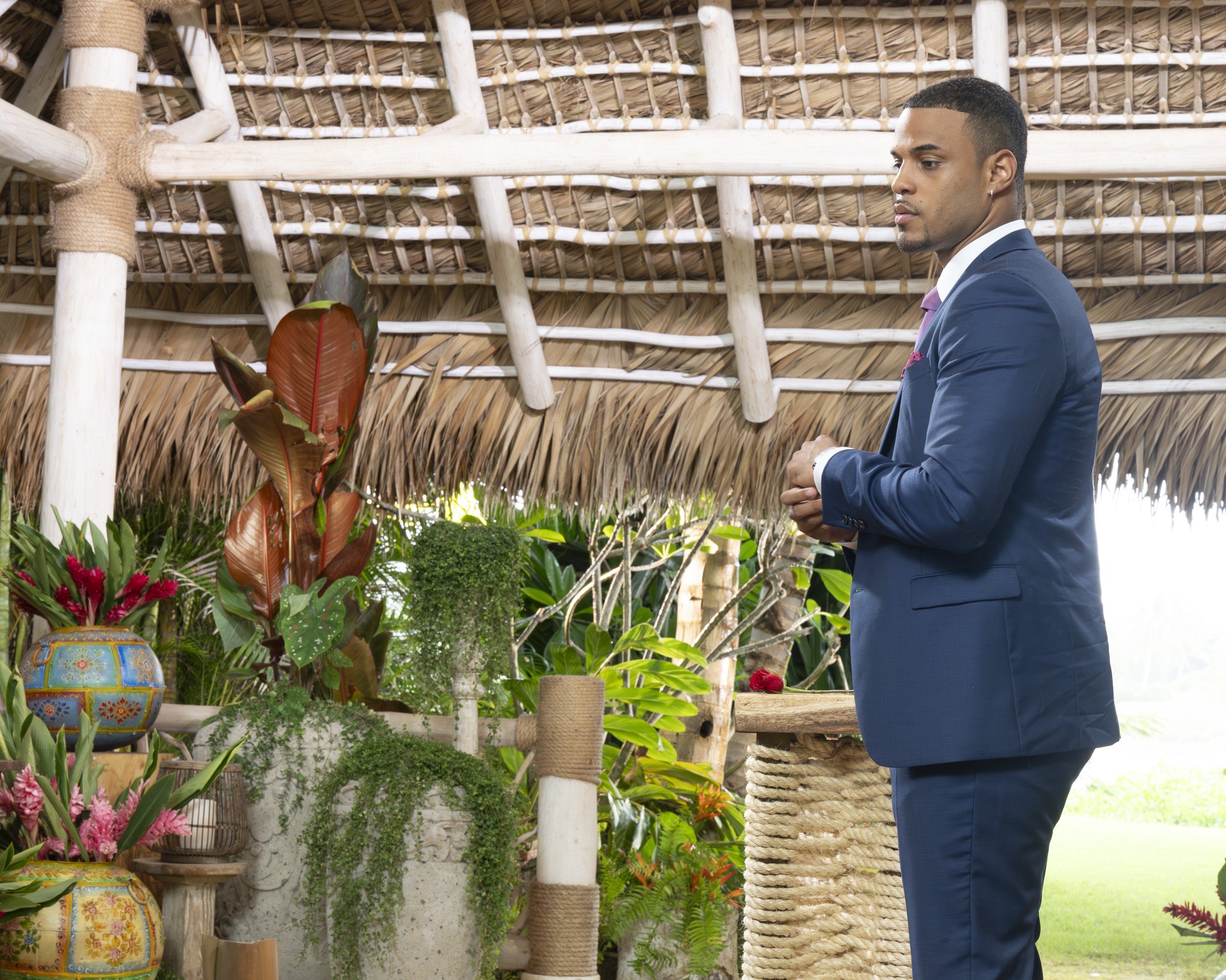AM: Which is amazing and I know in looking at your IG, you were talking about The Mandalorian which I’m a fan of. You have a project coming out in June – can you tell us more?
RB: Yes, it’s June the 22nd, The Mandalorian adaptation of the TV show and it’s the first adaptation that Marvel and Lucas Film have done with a project. It’s basically straight adaptation of that story. They don’t let you deviate too far from the story because it’s Star Wars cannon and you can’t really interfere or add new things because it’s connected to the television show. So I basically do my version of the television show would be.
AM: It’s still very cool though!
RB: Yes, it’s an honor to play in that space.
I just finished IG-88 Star Wars: War of the Bounty Hunters and I did Lando Double or Nothing earlier. I love to play in the space. I have a Luke Cage short that’s coming up and maybe a Luke Cage miniseries coming up for Marvel. So anytime you get to play in that space, it’s always fun because it’s such a big fan base that you get to connect with that many people is always an honor.
AM: You created Zombie Love Studio which deals with creating original graphic novels and things of that nature, what are some things coming out of there that you want to highlight?
RB: The first book is Blacula, a reboot of the Blacula character from Blaxploitation era in Oct/Nov which should be dropping then. I also have another book, Florence and Normandie and alien attack story that takes place on the corner of Florence and Normandie famous because of the Rodney King riots that started from there. I’m writing that with Xzibit. I have Tales from the Crip with Snoop Dogg which is the Crip Keeper. I have a book called Crownsville which is set in one of the first black mental asylums in America that’s a ghost story.
There's a bunch of other things that we’re developing that are moving along. There aren’t enough hours in the day, but I’m really excited about it all and it’s coming together slowly but surely.
AM: The depth of what you’ve done is truly phenomenal. What are things on your bucket list that you have yet to do or areas that you want to put into that body of work that you haven’t but that you’re still interested in tackling.
RB: Well certainly, developing the Zombie Love books and Killadelphia and things like that into my Substack page where I do 4 of the books. 3 that are connected to the Killadelphia world which is the book that I do at Image. There are 3 books that I do at Image, Killadelphia, Nita Hawes’ Nightmare Blog and Monarch an alien attack miniseries that I am doing. My Substack page has 3 other series, Johnny Gatlin who is a gun slinger in hell and hell is like the Wild West. 20 Degrees Past Rigor which is a zombie story set in Flint, Michigan where zombies are connected to the polluted waters of Flint. The Butcher of Black Bottom which is a serial killer story set in 1920’s Black Bottom section of Detroit. Then there’s Elysium Gardens which is in the back of Killadelphia which has an ongoing story on a Substack page. So, there are those books as well. There’s a lot of stuff and next, I hope to adopt a lot of those things into other forms of media whether it’s animated, live action or television or those kinds of things.
AM: Because you have so many projects that are just in constant rotation, how do you deal with the overlap? Do you have to be at a certain point before you take other things on – do you slice it up like a pizza and mix it the best that you can?
RB: Ha! That’s basically it. I try to tackle each thing as the day comes at me. I usually get up at 4 in the morning and then I start writing and I get the comic book stuff done in the morning. Then I tackle my day jobs like Winning Time or anything else that I have in front of me and I take it as the day comes. Whoever is yelling the most that is owed the thing to them – so yeah! Whoever’s voice is the loudest at the moment!
AM: I think that the time that we’re living in right now, although there is still a need for a lot more representation, to think of myself now versus the younger me who wouldn’t have thought to know that there would be an Ava Du Vernay (A Wrinkle in Time, Queen Sugar, Girls Trip), yourself, Shonda Rhimes (Bridgerton, Inventing Anna, Grey’s Anatomy) all these people that are moving storytelling forward. How important is it for you to reflect that in your work and to have POC be able to see themselves as well as for others to understand why they need to be an ally and to make these spaces more open?
RB: Well I think it’s important because the world doesn’t connect in the same way anymore like physically. We don’t talk to each other the way that we used to and it wasn’t perfect back then either. It’s more important than ever to be able to tell stories that have a ring of truth or some semblance of honesty. That way you get to see people as they are good, bad and indifferent more so than as a caricature or something that feels contrived in some way. I think that a lot of the biases that we hold with each other comes from those depictions. I know since 1619, a concerted effort was made speaking directly to African American culture to make us less than human. There’s one idea of being less than human, but you have to reinforce that on a regular basis. So you either make them caricatures or villains – one extreme or the other. If that idea has the ability to sort of ferment for 400 years or more then you’re at a place where it almost becomes truth because you’re so used to seeing that be the case.
So when you have this culture that is fighting for a slice of the pie or some semblance for respect and dignity, living in a culture and you’re sort of burdened by living with that depiction. It's really a hard thing to overcome because then even the culture itself starts to believe it – is this who I am and some people do. That can be problematic in its own way because you start to devalue yourself and people who look like you.
So I think that the more folks that can get in for various gender, sexual orientation, race or whatever it may be – to be able to speak to your truth in an honest way cannot only help you and the group that you’re in but also people outside of that group so that they have a better understanding of who you are and the struggle that you navigate just to be a human being and to have a human experience.





















